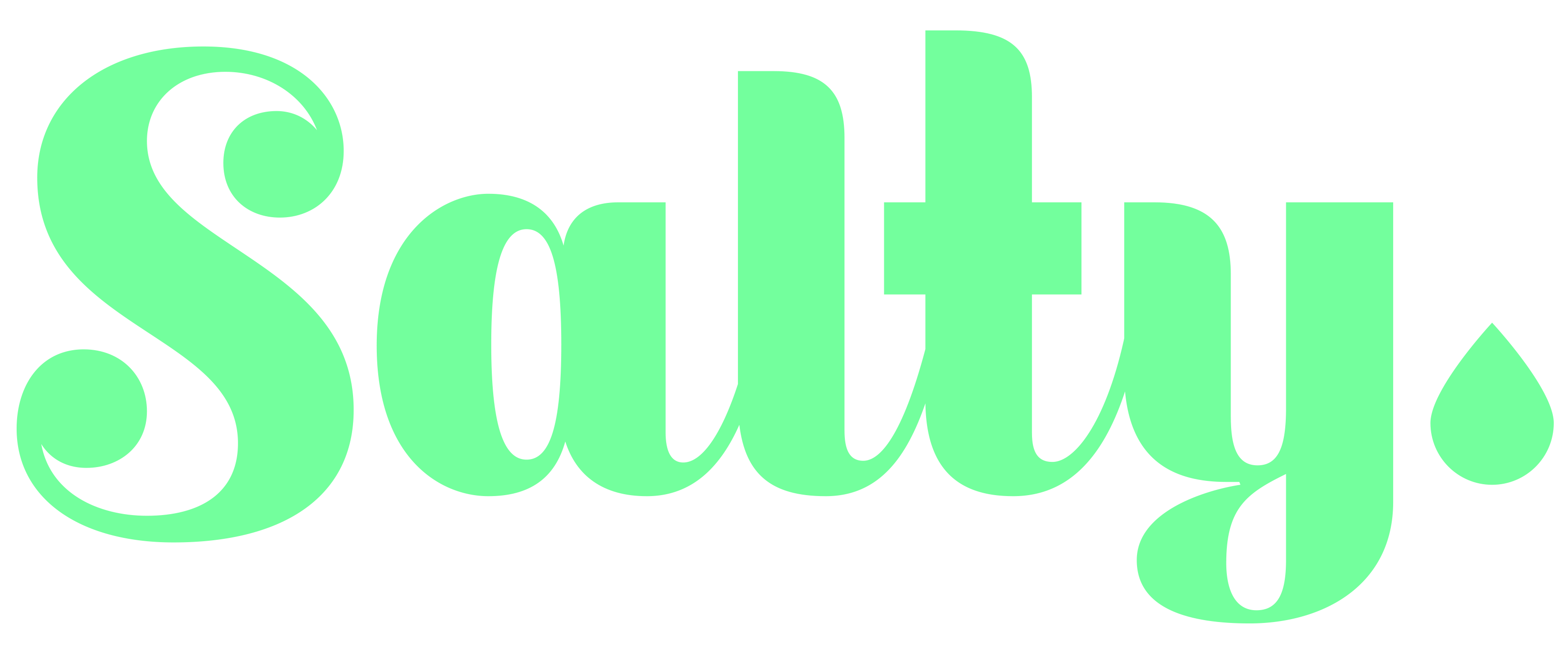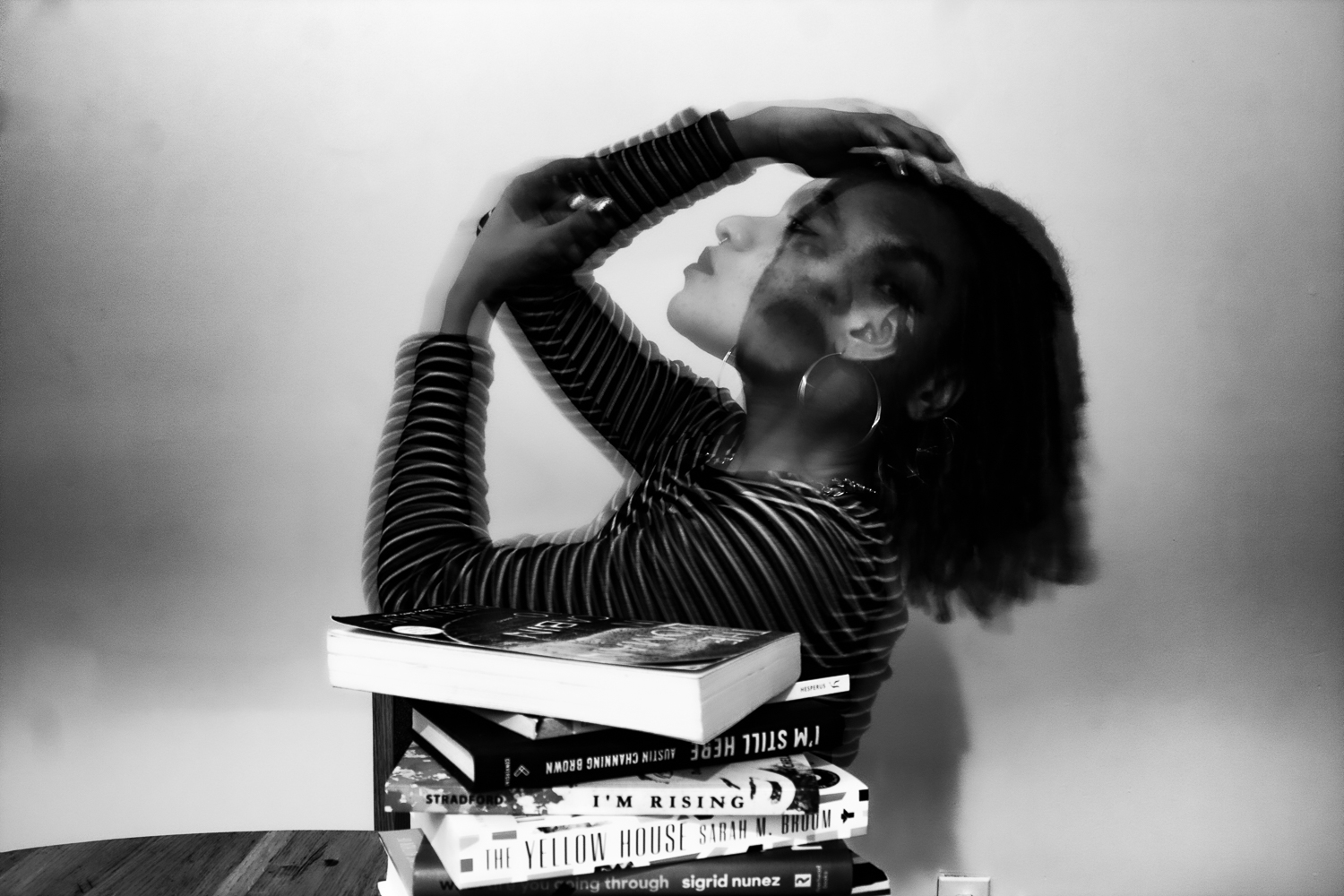Written by Victoria Male
Art by Ket Riesen
I’ll never forget the first meeting I had as a “real screenwriter.” I could scarcely believe that the first script of mine that ever went “on the market” was read by major movie stars, high-power talent agents, and prestigious production companies. This meeting was with an executive who worked for a company founded by an A-list actress. My manager told me she loved the script. I wish I could say I’d dreamt of this moment, but honestly my brain could barely comprehend that all of this was even happening.
All of that dreamy wind swiftly left my sails when the executive asked if I would change the lead of the film to a woman. I faltered. The movie wouldn’t work if I changed it. I mean, I’m a proud feminist, but wasn’t my script –which last I checked – written by a woman? Also, if these producers took it on, it’d be produced by women too. Ideally, they’d get a female director to bring the story to life, since although, yes, the protagonist was technically a man, the entire film centered on his failing marriage and how he needed to change in order to save it.
Furthermore, I’d argue that male protagonists written from the female gaze are just as vital and valid as a woman writing (what the industry hivemind has deemed) “a strong female character”.
The meeting, now three years ago, left a bitter taste in my mouth. This script, despite all the attention and accolades it has received since then, has yet to sell. And yes, the industry is in a tailspin at the moment. I’m an emerging writer, period pieces are a hard sell, but I can’t help but attribute part of the script’s stagnation to this mentality. I recently had a meeting with another iconic actress-turned-producer-turned-mogul’s company about another project, and heard a similar creative mandate: female-led stories only. Though in this actress’s case, she was gracious enough to allow two-handers with a woman and a man.
When that executive a few years ago told me she wanted to make the female lead in my script the main character, I had to bite my tongue. I wanted to retort “So women are only allowed to write about women?”
Again I’d like to reiterate, I am a proud, unabashed feminist. I want female (and that of course includes my trans and non-binary friends) everything – writers, directors, editors, cinematographers, teamsters, studio executives, production assistants…the list goes on. On the surface, the mandate of female-led stories seems dripping with “girl power”. Yet I can now say that in practice, I feel that it actually limits what a femme-identifying writer is “allowed” to write about. When that executive a few years ago told me she wanted to make the female lead in my script the main character, I had to bite my tongue. I wanted to retort “So women are only allowed to write about women?”
It bothers me, especially since men have been, and still are, writing female-led stories as I type this. More often they write them brilliantly. Abe Sylvia’s The Eyes of Tammy Faye script comes to mind, along with his new AppleTV+ series “Palm Royale”, which both center on extravagant, campy, complicated women that rivet me to the screen. But if we’re truly in search of gender parity, shouldn’t it be a two-way street?
I see these companies’ points. According to the latest USC Annenberg Inclusion Initiative report released in February 2024, only 30 movies in 2023 featured women and girls in lead and co-lead roles. That’s 14 less films from 2022, and is the same number of female-led films as 2010. We need to center women in their own narratives, full stop. However, the Center for the Study of Women in Television and Film at San Diego State University reported that out of the 250 top-grossing films last year, a mere 17% of them were written by women.
We’re told to tell stories about ourselves and our gender, only to have no one to make them, or for the powers that be to opt for a “safer bet” (translation: a middle-age white man) to helm the projects.
Both of these statistics infuriate me. I look at those numbers and have to quell my urge to smash things. And after I take a deep breath and count to ten, I wonder if the reality of the male-dominated, vicious industry that is Hollywood defeats the well-meaning purpose of these companies’ missions in the first place. For instance, last year, my writing partner and I acquired the rights to a female-led historical fiction novel. We used the downtime during the strike to grind out a pilot, yet when we sent the script to that same production company I met with, they flat-out rejected the project. To make matters worse, we’ve since learned that a male showrunner has eyes on making a series about the same group of women our novel focuses on. If we’re David, we’ve met our Goliath. Despite companies’ alleged focus on representation and inclusion, it feels as if I’ve lost a rigged game once again. Competitive projects are a normal part of the film industry, but this recent experience is an almost too-perfect example of the problem young, femme screenwriters face. We’re told to tell stories about ourselves and our gender, only to have no one to make them, or for the powers that be to opt for a “safer bet” (translation: a middle-age white man) to helm the projects.
Furthermore, I’d argue that male protagonists written from the female gaze are just as vital and valid as a woman writing (what the industry hivemind has deemed) “a strong female character”. I have put metaphorical blood, sweat, and tears to ensure that the male protagonists I write are on journeys of confronting their toxic masculinity and learning how to be better partners, and I believe we need those characters represented just as much as “strong women.” Especially since if we only represent “strong women”, there’s a tacit message communicated to both men, women, and anyone else that uplifting fem-identifying people is solely their own responsibility, and not a collective effort for its success. Portraying feminist men is just as important as feminist women or non-binary folks. In an age where we’re still fighting for gender parity, let alone any sense of racial equity, in top filmmaking positions, if we only tell stories with “strong female protagonists” that are “female-led,” we’re burdening women and limiting feminine storytellers.
About the Author:
Victoria Male currently consults as an In-House Writer for the widely popular audio narrative platform PocketFM. She has written op-eds for No Film School, and her prose has appeared in over a dozen literary magazines worldwide, including oranges Journal, The Chamber Magazine, Carolina Muse, The Icarus Writing Collective, and Retrospect Journal. Her screenwriting made the 2023 Academy Nicholl Fellowship finals and the industry-wide 2024 Love List.
A New Jersey native and Tar Heel, Victoria is a shrewd adaptor of IP, biography, and mythology. She seeks to find “the human in the high concept” in all that she writes, as well as champions inclusivity on and beyond the page.
Find out more about her work at victoriamale.com

